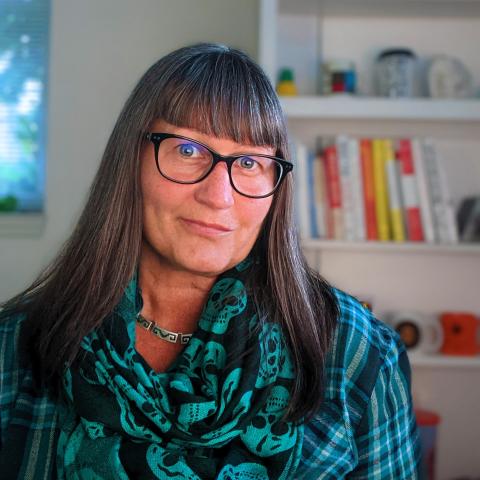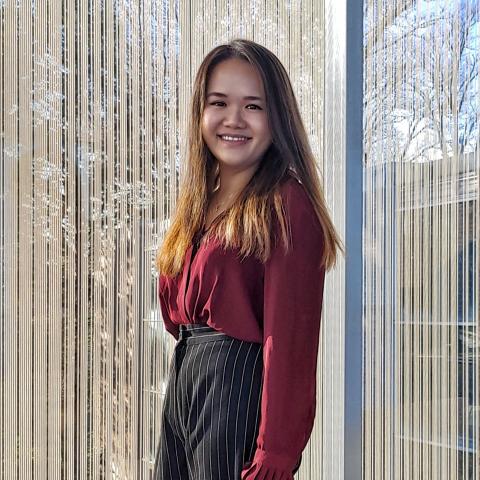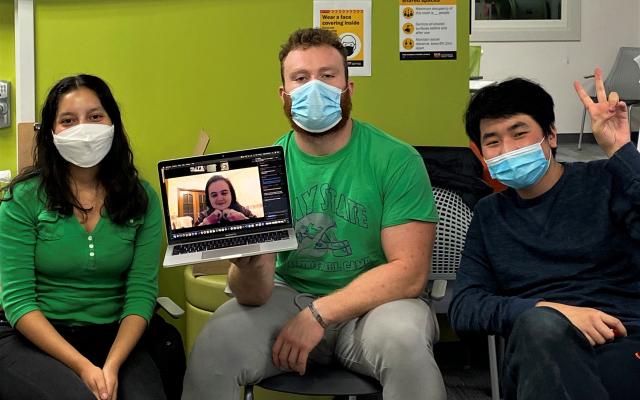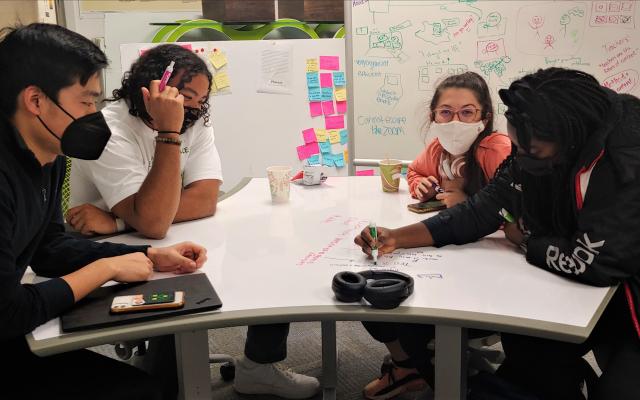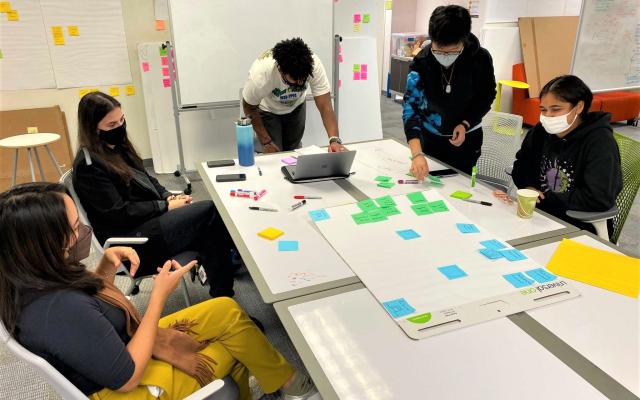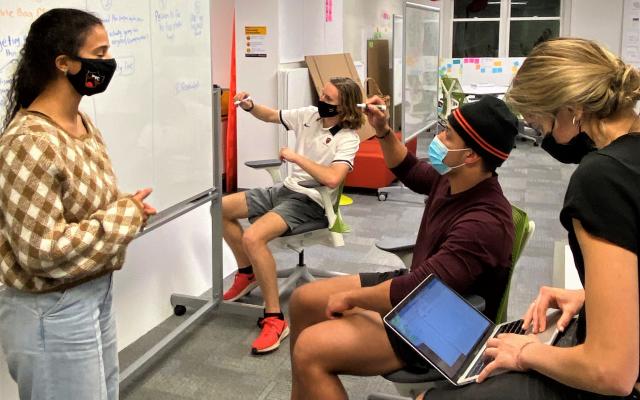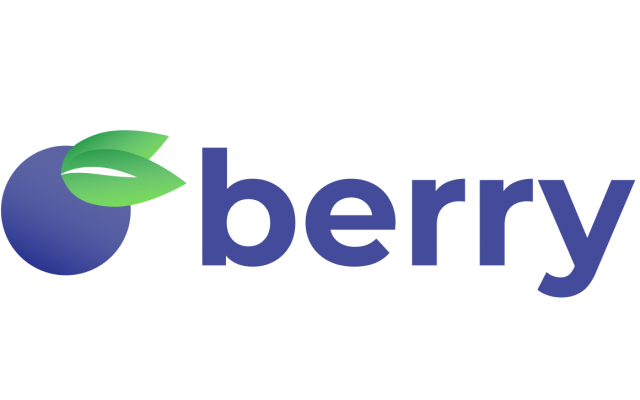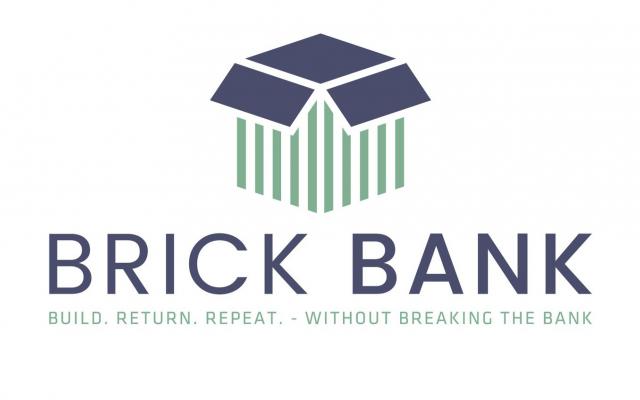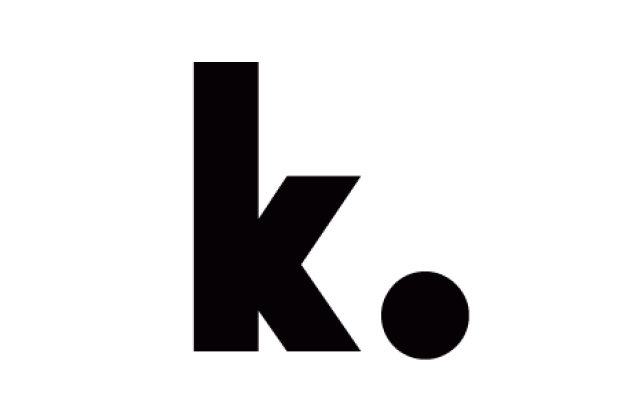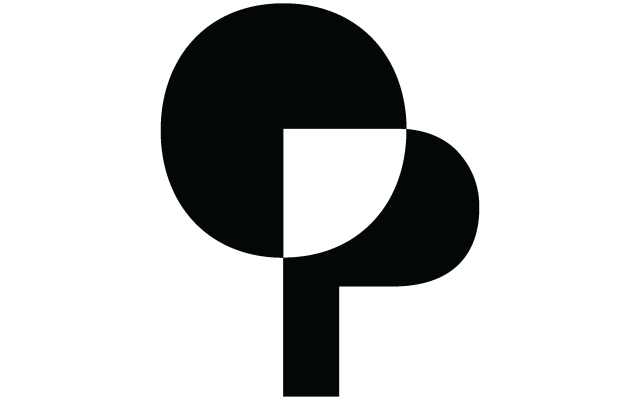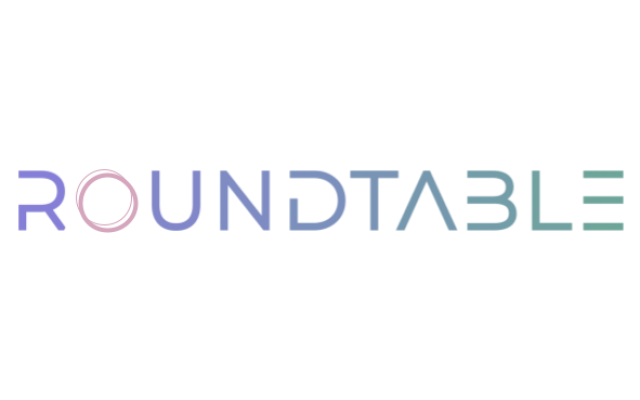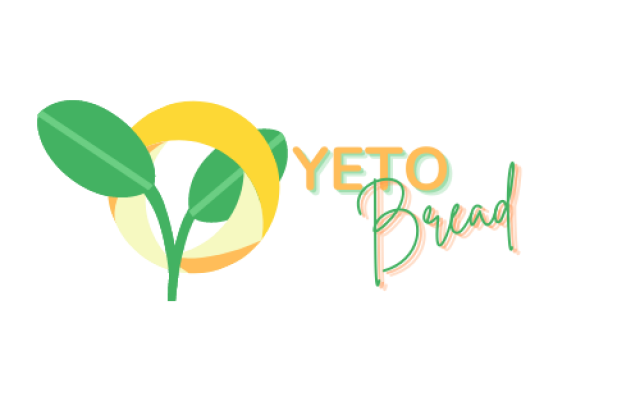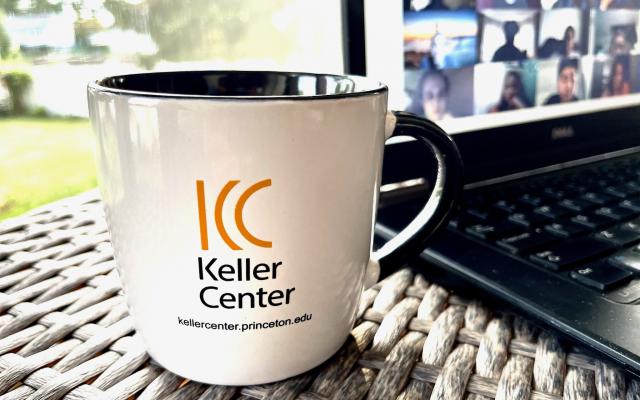
One truth the pandemic has revealed is that community building and team collaboration can exist and even flourish in our technology-rich remote environments. Our summer programming is proof of that truth.
This past week the Tiger Challenge and eLab Accelerator 2021 cohorts wrapped up their ten-week programming with public, online events where students shared their progress in finding, building, and creating solutions.
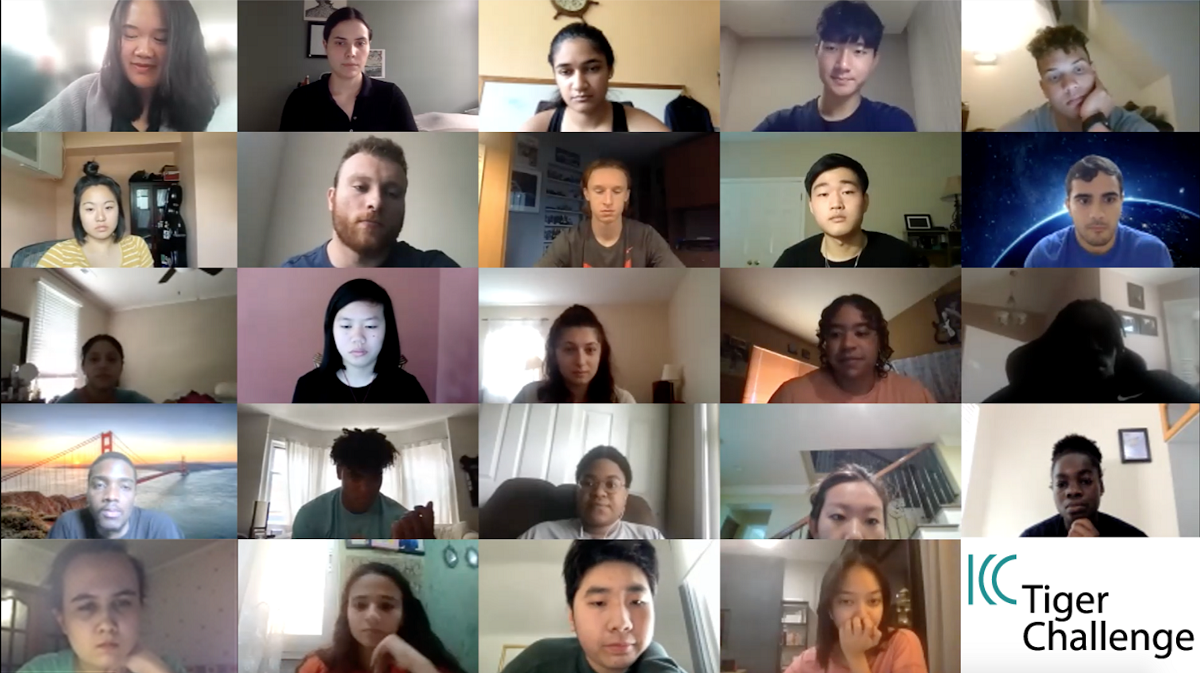
Tiger Challenge students spent their summer diving deep into learning and understanding design thinking methodologies and bringing human-centered problem-solving skills to addressing four rooted societal problems.
The twenty-two Princeton graduate and undergraduate students recently presented their creative solutions to advisors, community and campus partners, and members of the public at the 50 Days of Summer: Designing the Right Questions online event.
Program manager Jessica Leung commented about the benefits of working and presenting in a remote environment. "The good thing about technology is it allows many people from around the world to attend events like this. In fact, our cohort worked, created, and engaged from seven different time zones over the summer."
Serial entrepreneur and ardent Keller supporter Gordon Ritter '86 P20 delivered an inspiring kickoff address. He urged the students and audience that to be impactful innovators we need to embrace non-linear thinking, and that creativity is the key to stepping out of the constrictions of the herd. "Be present, stay in the moment, and listen," said Ritter. Instead of immediately jumping into problem-solving mode, he advised, "take the time to ask great questions which most certainly will lead you to find the right answers."
Tiger Challenge teams and their solutions:
Maker-not-Taker is working to reshape negative assumptions about the roles of immigrants in society. The team's research found that language barriers are a significant constraint to changing views and perceptions of immigrants. They are suggesting that food can be a common language used to increase cultural understanding.
Their solution: Host a food festival that will highlight multi-cultural dishes and unique ingredients and the stories, experiences, and history of the participants and their families.
Phoenix is addressing the challenges of integrating hard history into United States curriculum. Their research led them to question how they might assist teachers in creating a classroom experience that promotes effective learning of America's holistic history.
Their solution: Create a platform that includes resources, training, and a community to support teachers in incorporating honest history into their classrooms.
Racist Everyday Technologies took on the embedded racism in our technology and how it perpetuates systemic racial division. After researching the many touchpoints racist technology impacts, the team focused on the intentional discriminatory affordable housing practices.
Their solution: Promote property ownership for affordable housing tenants through a platform that offers education, tools, and support to create financial independence.
Sustainable Reusables is working to change people's behaviors toward single-use plastic and paper products in the shopping experience by moving away from recycling and prioritizing reducing and reusing. Their research led them to suggest that redesigning the shopping experience is vital.
Their solution: Create a service that supplies shoppers with reusable containers and bags and supports grocery stores transitioning towards bulk dispensers.
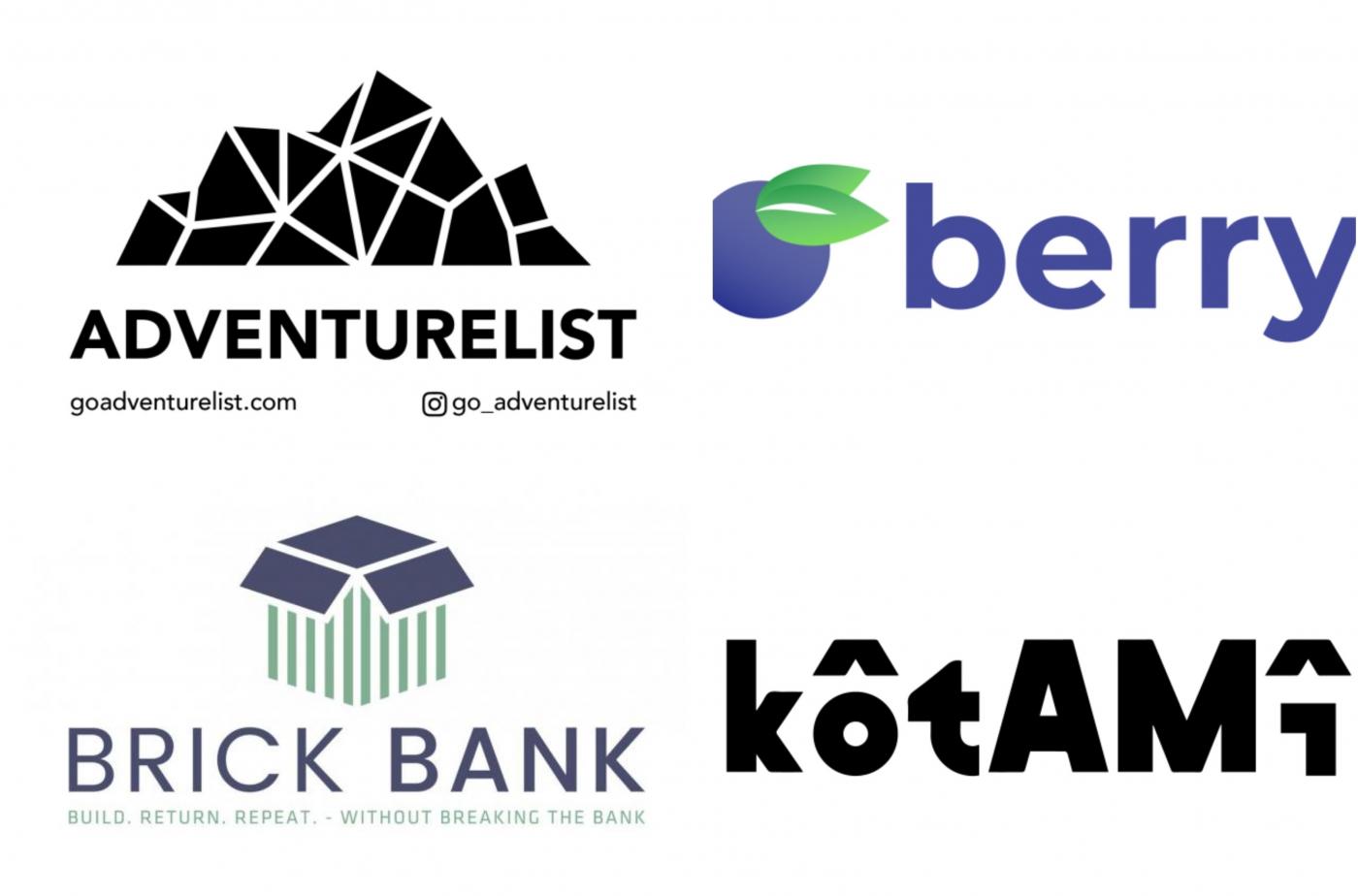
The eLab Accelerator cohort spent their summer creating business solutions to address unmet needs they saw in the world. This intensive program provided student entrepreneurs with the tools, resources, and mentorship needed to develop their startup ideas into viable, scalable ventures. The seven teams recently pitched their startups at the 10th Annual eLab Demo Day.
Keller director Naveen Verma kicked off the event by applauding the creative spirit of Princeton student entrepreneurs. "Innovation is a powerful way to make an impact, not just at Princeton but in the world", said Verma to the audience of over 150 investors, innovators, entrepreneurs, as well as member of the campus community and public.
While introducing the teams program manager Stephanie Landers acknowledged the Center's recent milestone. "I am thrilled to be celebrating the tenth year of eLab and so inspired to see how our growth is making such an impact with so many student entrepreneurs," said Landers.
The startups:
- Adventurelist is helping thrill-seeking enthusiasts effortlessly plan vetted adventure experiences.
- Berry has built customizable software to help online grocery shoppers navigate purchases that fit their dietary needs.
- Brick Bank is using artificial intelligence technology to provide users with a Lego construction brick rental service.
- Kotami is a size-inclusive, non-gendered, sustainable, affordable fashion line.
- Office Party is producing ethically built, sustainable event environments.
- RoundTable is using blockchain technology to bring transparency and accountability to decision-making within an organization.
- YetoBread is making delicious keto-friendly bread products people actually want to eat.
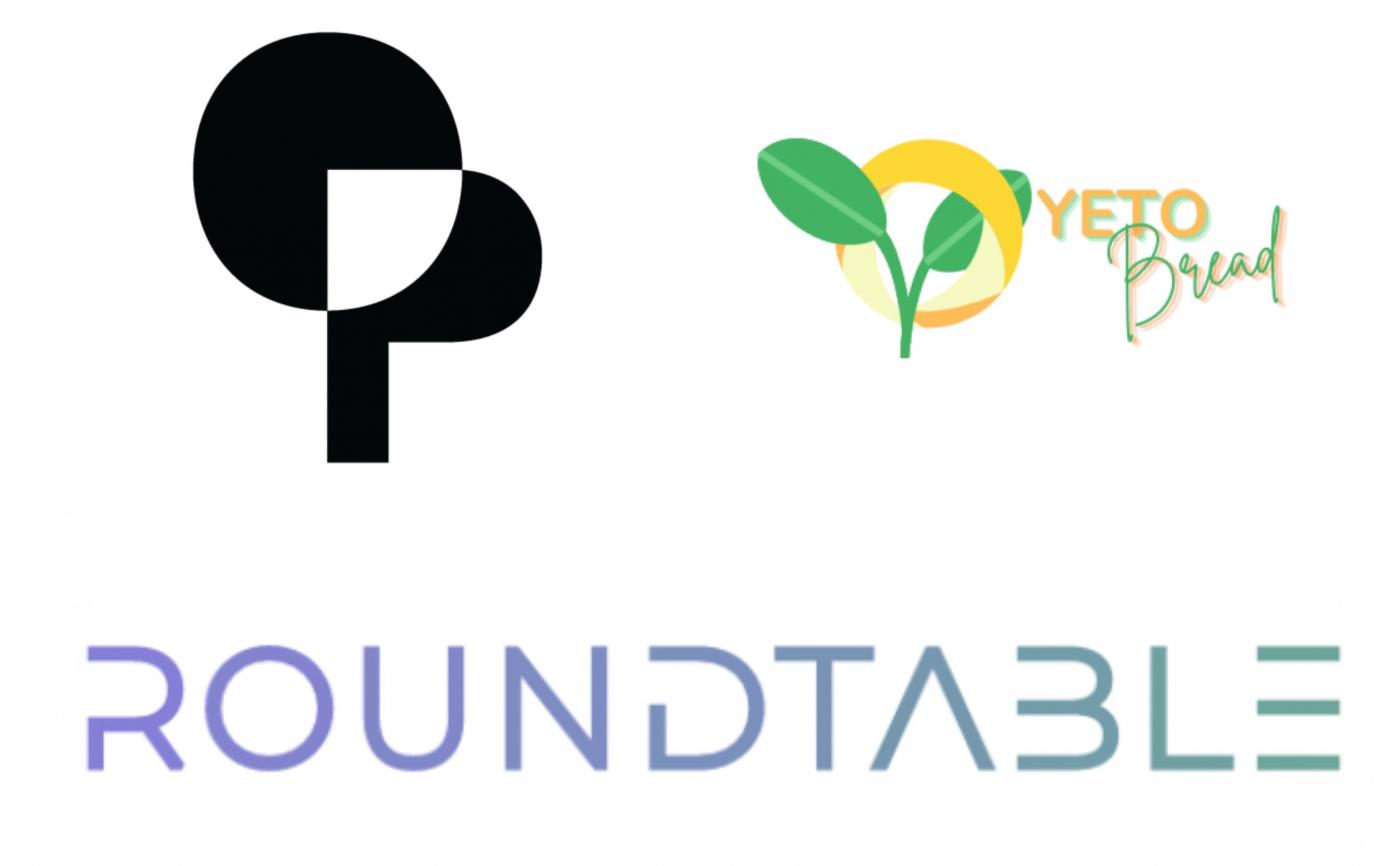
As the summer comes to a close, we are thankful for the opportunity to give students of Tiger Challenge and eLab a place to build solutions, innovate possibilities, and create positive societal impact.
